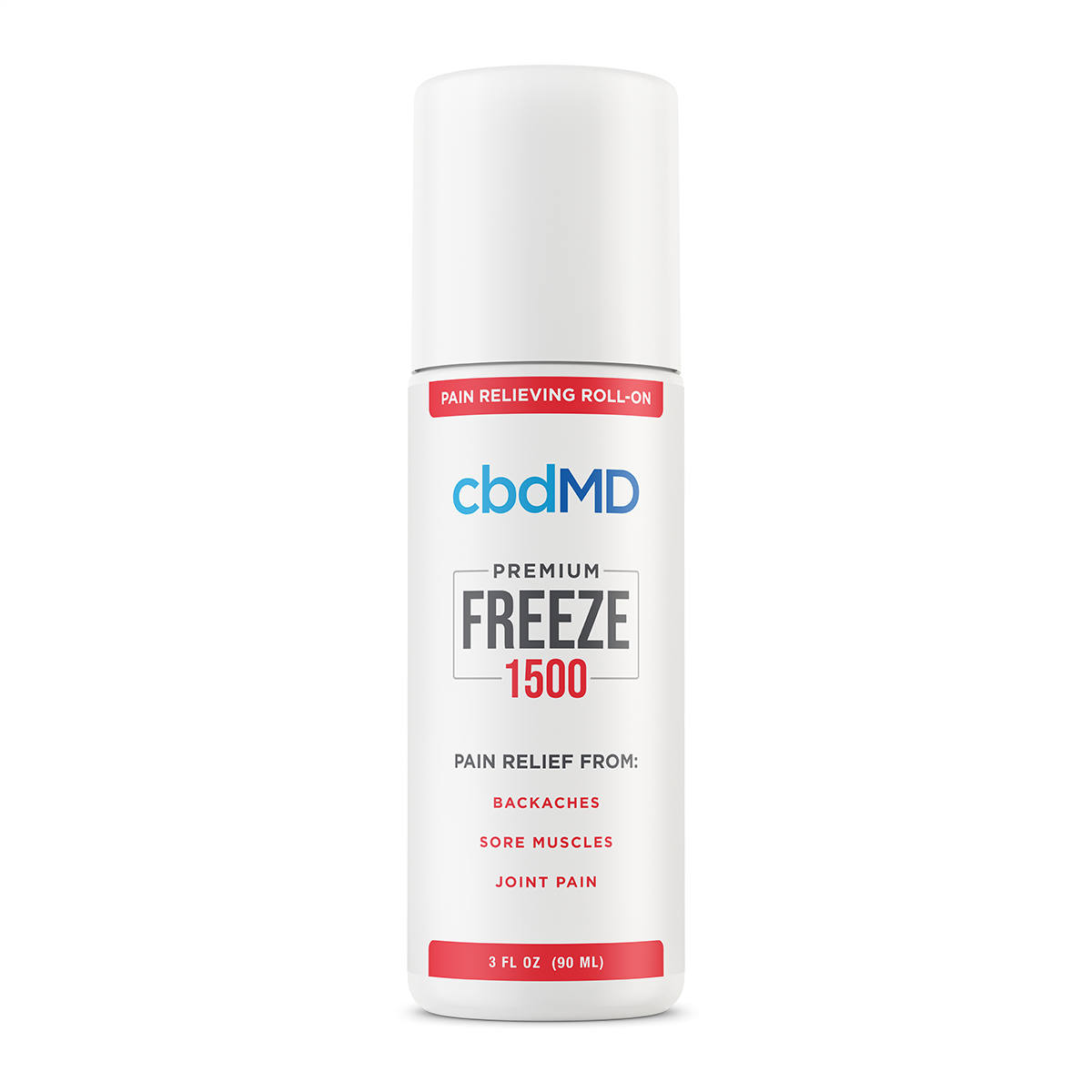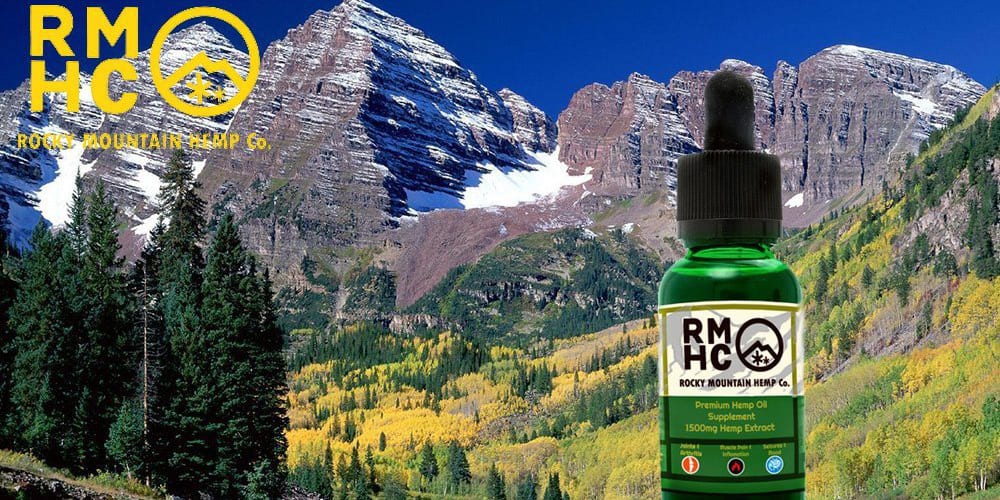
You're here to find out if hemp is legal in your area. Although it's illegal in the United States to sell, buy, or smoke hemp, it is legal in 35 states to cultivate, grow, and possess it. Here's a look at some of these states' laws.
35 states have legalized hemp
Nearly thirty-eight states looked at hemp legislation in 2017. These laws ranged from clarifying existing law to creating new licensing requirements. Of these, fifteen states passed legislation, and four more authorized hemp research programs. Other states are examining whether commercial hemp cultivation is possible.

It is illegal in the United States to purchase or smoke hemp.
Despite the increasing popularity of hemp products it is still illegal to smoke or buy hemp in the United States. There are several states that have prohibited the production, sale, or distribution of smokable Hemp, including North Carolina, Kentucky, and North Carolina. Some states have banned the sale or distribution of hemp products, but they have passed legislation requiring that retailers register. This is similar to what is required for tobacco and alcohol sales.
Tennessee allows you to cultivate, possess, and ingest marijuana.
Although Tennessee's hemp industry is not yet legal, it is working to make Tennessee a better place for growers. The new hemp industry is expanding quickly. However, it's important to take into account legal issues when launching a company. Many owners of hemp businesses choose to establish a corporate entity. This is both affordable and offers substantial benefits. This process is managed by the Tennessee Secretaryof State's Office, which has specific requirements for creating a new entity.
Kansas has laws that allow you to possess, ingest and cultivate marijuana.
Kansas makes it legal to grow, possess and consume marijuana. However, it is illegal to distribute marijuana or sell it. You can get a one-year sentence or a $2,500 fine if you are caught with marijuana. You can grow up to four plants if you are attempting to cultivate marijuana for your own personal use.
Louisiana is legal to possess, ingest and cultivate cannabis
Louisiana has legal hemp cultivation. It is also legal to possess and ingest. It has historically been cultivated for fiber and seed production. CBD is a nonpsychoactive compound which can have potential therapeutic benefits. The CBD content of the plant is high. Louisiana Department of Agriculture and Forestry currently drafts rules for product distribution and growing. Medical marijuana use in Louisiana requires the approval of a doctor.

Connecticut's laws allow for the possession, ingest, or cultivation of marijuana.
Patients who are able to grow their own medical cannabis in Connecticut can now do so. Patients aged 18 and over can now grow up to six plants at their home. Depending on how many adults live in the house, they could have up to twelve plants. The rules for marijuana patients are strict and they must not give cannabis to animals. If they do, they may be facing Class C misdemeanor penalties. Adults 21 and older will be able to grow their own cannabis starting in July 2023.
FAQ
What conditions can CBD treat?
Any treatment must have an impact on the patient's condition. A doctor must give a prescription for cannabis oil to be used in medicine. It is also illegal for someone to prescribe cannabis oil without a doctor's consent.
There is no need for a prescription if you are using cannabis oil in a healthy way. Talk to your doctor first to ensure that you are safe to use cannabis oil.
Cannabis oils are made from either whole plant extracts or isolated compounds called cannabinoids (THC and CBN). There are many types of cannabinoids in cannabis oils, including cannabidiol and tetrahydrocannabinol.
These components interact with receptors found throughout the body to create effects including pain relief, stress reduction, and anti-inflammatory and antioxidant properties.
Can I use CBD during pregnancy?
There isn’t enough research available to confirm that CBD is safe to be used during pregnancy.
But based on the limited amount of information available, it appears unlikely that CBD would cause harm to the baby.
It is important to remember that CBD should not only be used by women who are pregnant, but also by those who have been recommended by their doctor.
In fact, the Food and Drug Administration issued a warning last week about the potential dangers of CBD taking while pregnant.
FDA says there is evidence that cannabis usage during pregnancy can increase miscarriage risk.
According to the agency further research is required before any firm conclusions can be reached.
What's the future for the CBD industry?
The future of the CBD industry is bright. It's easy to see why so many people are jumping on board with this sector. This market is expanding exponentially with CBD products being purchased globally at a total of $1 billion.
In fact, according to Statista, global sales for cannabidiol (CBD) were expected to reach $22.4 billion in 2019. This represents a nearly 200% increase over 2018!
The CBD market is also predicted to grow at a compound annual growth rate of 22.5%, which equates to nearly $6.8 billion in revenue by 2022.
This is great news both for those looking to enter the market as well as existing companies. However, the CBD market is still in its infancy. This means that there will be challenges.
Which countries produce the highest quality CBD products?
The United States produces the majority of CBD products.
But Canada, Australia, New Zealand, and Israel are also producing high-quality CBD products.
Where can I find CBD products?
CBD can be purchased online and at local retailers. Online retailers often offer better deals. Many websites offer CBD products that are made from industrial hemp. This product contains less than 0.3% THC.
Local shops are a good option if you prefer to shop locally.
There are laws in many states that allow CBD products to be purchased without the need of a prescription. If you live in one of those states, you may be able to buy CBD products at your local pharmacy.
CBD products might even be delivered directly at your doorstep.
Is CBD a good company to invest?
The demand for hemp-based goods continues to rise as more people realize their benefits. It's estimated that by 2022 there could be $1 billion worth of hemp-based products on store shelves.
It is also expected that the market will continue to grow at an annual rate exceeding 20% through 2020 when it reaches $2.5 Billion.
Hemp oil has been used in many beauty products and health care products including creams, lotions.
Many companies also make CBD-infused snacks, pet food, treats, and other food products.
CBD is legal in all 50 states. However, this could change very soon. CBD is legal in all 50 states, but more research will be conducted to determine its potential uses. Businesses will have an easier time operating legally.
With all these factors in mind it is clear that CBD investing can prove to be a lucrative venture.
Statistics
- however, one study also found that these effects were virtually abolished when the original media (a nutrient broth agar) was replaced with one containing 5% blood (increasing the minimum concentration to ~160 μM CBD) [179]. (ncbi.nlm.nih.gov)
- OralWhere HED is the human equivalent dose, and Km is a correction factor estimated by dividing the average body mass (BM) of the species (60, 0.020, and 0.150 kg for 11 humans, mice, and rats, respectively) and by its surface area (see: Nair et al. (ncbi.nlm.nih.gov)
- While the primary injury may not be treatable, interventions that attenuate secondary sequelae are likely to be of benefit [203].Only one study (ncbi.nlm.nih.gov)
- The use of these products is likely to become even more widespread if the World Health Organization's recommendation that CBD no longer is scheduled in the international drug control conventions is adopted by the United Nations member states [201]. (ncbi.nlm.nih.gov)
- As a substance that was federally illegal before the passage of the 2018 Farm Bill, hemp-derived cannabinoids with no more than 0.3% THC still face a regulatory grey area. (forbes.com)
External Links
How To
What are the major issues facing the CBD industry in general?
The market for CBD products is expanding at an astounding rate. Businesses looking to get into this market face many obstacles. These include a lack of consumer awareness, high cost of entry, limited access to capital, and regulatory uncertainty.
Many consumers aren't aware of the benefits and limitations of CBD. This makes it difficult for consumers to make informed decisions on whether or not they want CBD products.
As a result, most CBD companies rely heavily on word-of-mouth marketing. This can be costly as it involves advertising and staffing to promote the brand.
Another problem for new entrants to CBD is the high price of production. It is very expensive to obtain the raw materials required for CBD products. CBD oil is made from hemp that has been grown in particular climates.
For CBD oil to be produced, you need to plant enough hemp. This costs about $1,000 an acre. Many small farmers can't afford to begin.
Another challenge new entrants face in the CBD market is the lack of access to capital. Due to the stigma surrounding the industry, banks discourage many people who wish to start businesses.
There is also regulatory uncertainty around the sale of CBD products. There are no guidelines for how CBD products should market.
Although some states have passed legislation restricting CBD product sales, this has not become a national policy.
So far, only two states - Maine and Nevada - have legalized recreational marijuana.
Massachusetts and Michigan, however, are exploring similar options.
These changes could lead to increased competition between CBD manufacturers.
These factors have led many entrepreneurs to choose to work remotely rather than starting a physical business.